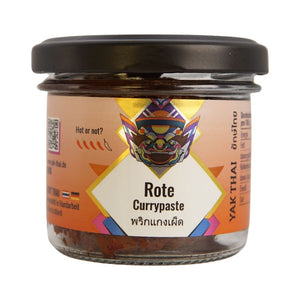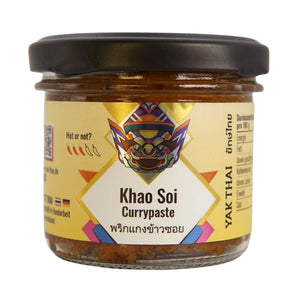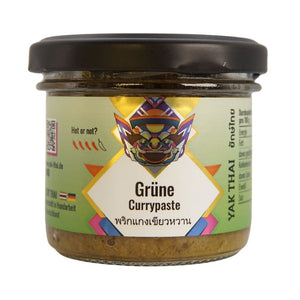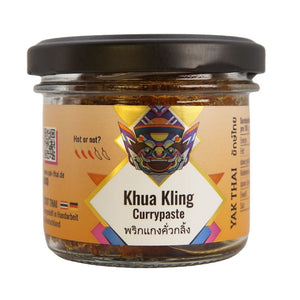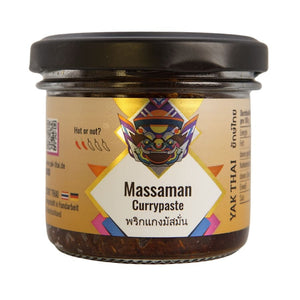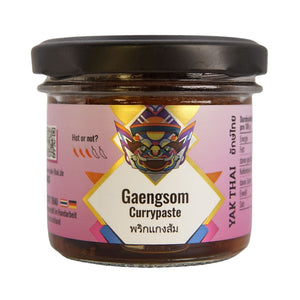Comparison of rapeseed oil, coconut oil and soybean oil: advantages and disadvantages
In this article, we compare the refined versions of rapeseed oil, coconut oil, and soybean oil. We examine their health benefits and drawbacks, their suitability for heating, and their environmental impact. Finally, we explain why we chose rapeseed oil, why we believe it is the most environmentally friendly, and why we don't use cold-pressed oil.
rapeseed oil
Advantages:
-
Rich in unsaturated fatty acids: Rapeseed oil contains a favorable ratio of omega-3 to omega-6 fatty acids, which has anti-inflammatory effects and supports the cardiovascular system.
- Vitamins E and K: These vitamins have an antioxidant effect and support blood clotting
Disadvantages:
-
Loss of nutrients: Some valuable ingredients are lost during refining.
- Omega-6 fatty acids: High consumption can have an inflammatory effect if the ratio to omega-3 fatty acids is not balanced.
Suitability for heating:
- High heat resistance: Refined rapeseed oil is ideal for frying and deep-frying because it tolerates high temperatures well.
Environmental impact:
- Low space consumption: Rapeseed oil has a relatively low land use and a moderate environmental impact.
- Sustainability: In Germany, rapeseed oil is the most important vegetable oil and is often produced locally, which shortens transport routes.

Coconut oil
Advantages:
- Medium-chain fatty acids: These fatty acids are quickly absorbed by the body and converted into energy.
- Antimicrobial properties: Coconut oil contains lauric acid, which has antimicrobial properties.
Disadvantages:
- High content of saturated fatty acids: These can raise LDL cholesterol levels and increase the risk of cardiovascular disease.
Suitability for heating:
- Very heat-resistant: Coconut oil is ideal for frying and deep-frying because it tolerates high temperatures well.
Environmental impact:
- High land consumption: Growing coconut palms requires a lot of land and often leads to deforestation.
- Transport routes: Coconut oil is mostly produced in tropical regions and has to be transported long distances, which worsens the CO2 balance.

Soybean oil
Advantages:
- Rich in polyunsaturated fatty acids: Soybean oil contains omega-3 and omega-6 fatty acids, which are important for heart health.
- Vitamin K: Supports blood clotting and bone health.
Disadvantages:
- Allergy potential: Soy is a known allergen and can cause reactions in sensitive people.
- Omega-6 fatty acids: High consumption can have an inflammatory effect if the ratio to omega-3 fatty acids is not balanced.
Suitability for heating:
- High heat resistance: Refined soybean oil is good for frying and deep-frying.
Environmental impact:
- High land consumption: Growing soybeans requires a lot of land and often leads to deforestation.
- Transport routes: Soybean oil is often imported in large quantities, which worsens the CO2 balance.

Why rapeseed oil makes the most sense
Rapeseed oil offers a balanced combination of health benefits and high heat resistance, making it ideal for our products. It contains valuable unsaturated fatty acids and vitamins that support the cardiovascular system. It also has a moderate environmental footprint and is produced locally, promoting sustainability.
By using refined rapeseed oil, we can ensure our products are both delicious and environmentally friendly. It's versatile and ideal for heating, making it the best choice for our needs.
Why cold-pressed oils are not suitable
Cold-pressed oils have many health benefits, but they aren't ideal for heating. Here are the main reasons:
Low heat resistance:
- Low smoke point: Cold-pressed oils have a lower smoke point than refined oils. Heating them above this point can produce harmful substances.
- Loss of nutrients: The valuable nutrients and antioxidants contained in cold-pressed oils can be destroyed by high temperatures.
Intense taste:
- Strong flavor: Cold-pressed oils retain their intense flavor, which does not always suit all dishes, especially when the oil is heated.
Shorter shelf life:
- Sensitivity to light and heat: Cold-pressed oils are more sensitive to light and heat, which shortens their shelf life. Once opened, they should be consumed within four to six weeks.
These factors make cold-pressed oils less suitable for applications requiring high temperatures, such as frying and deep-frying. Refined oils such as rapeseed oil are therefore a better choice for our products because they are heat-resistant, flavorless, and have a longer shelf life.


